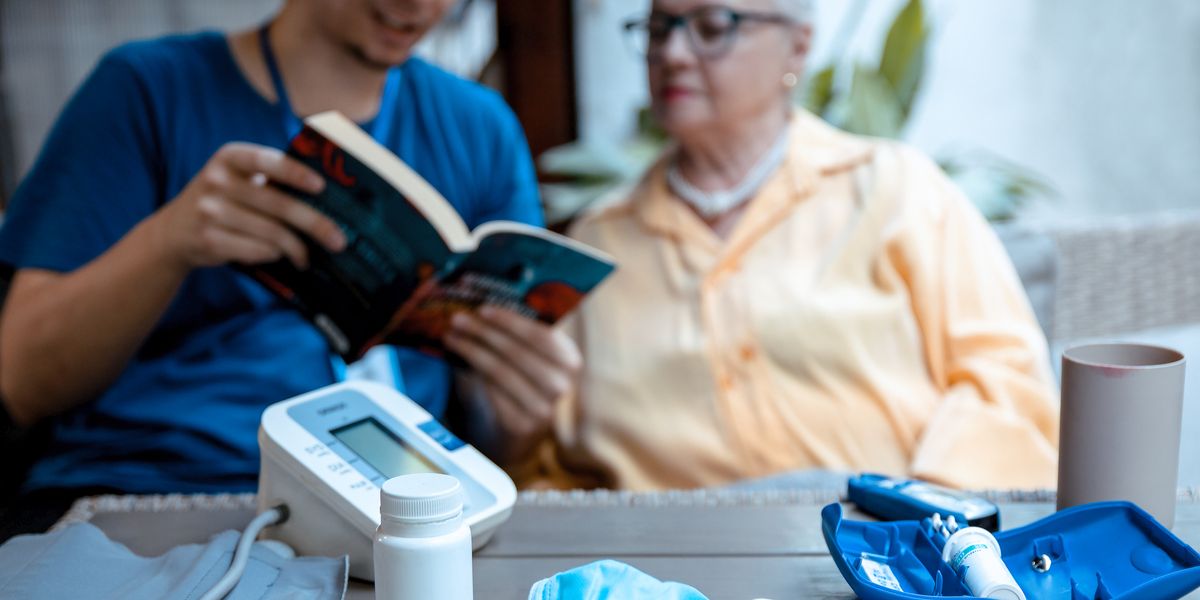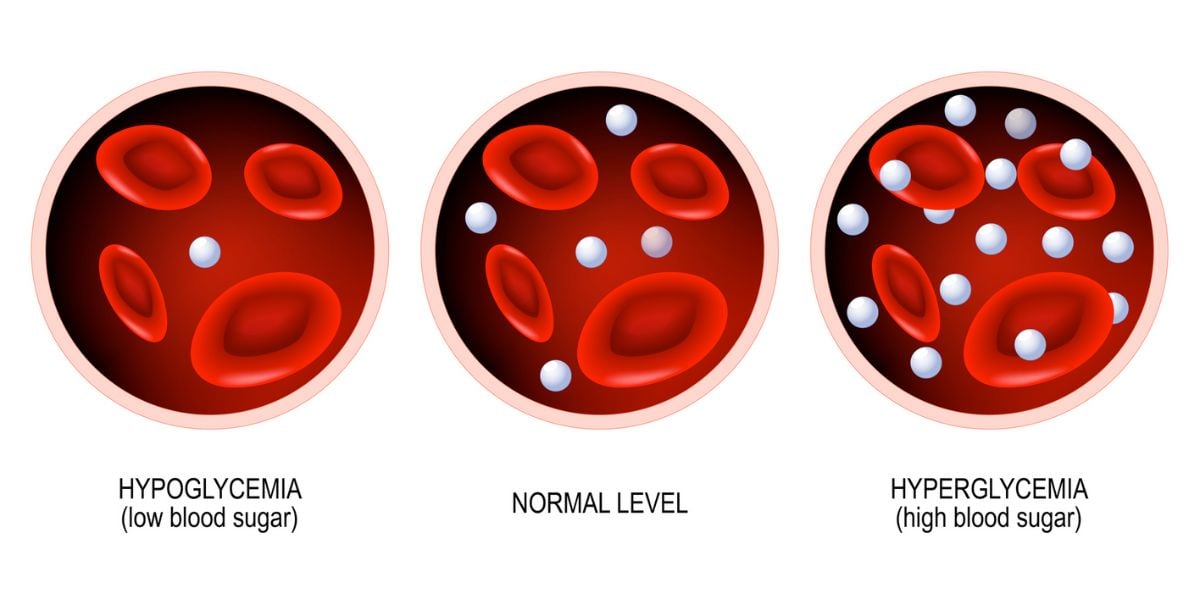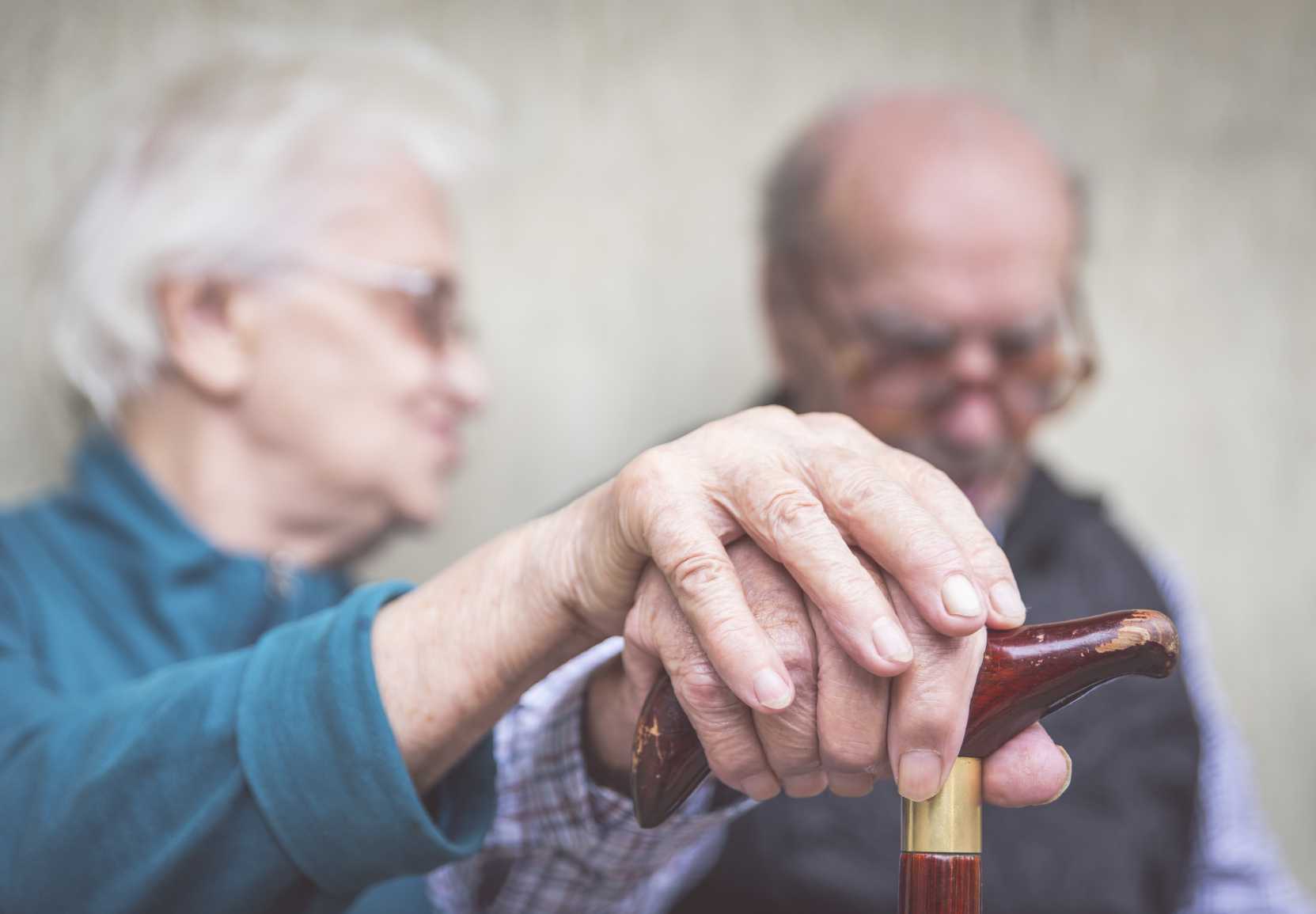Like any chronic condition, diabetes can have an influence on the family of the person who has the illness.
Help and advice is available to those who think their diabetes is affecting their family. In addition, those who have family members with diabetes can also receive help and support.
Family Guides:
Relationship Guides:
Why might someone with diabetes need the help and support of their family?
Living with diabetes is not easy, and unfortunately once it has developed diabetes does not go away. In order to successfully manage diabetes, most diabetics need to make some serious lifestyle changes
Learning how to monitor and control blood sugar levels can take time, and the threat of serious health problems never goes away.
For this reason, a person who has diabetes may need the help and support of their family.
Diabetics may face numerous complications and may also be more prone to depression and stress.
How can one help relatives with diabetes?
Education is the key to helping people with diabetes, just as it is in preventing type 2 diabetes.
Learn as much as you can, because the more you understand about the disease, the more you can help.
Be sympathetic about the condition, particularly for those people who have been newly diagnosed with diabetes.
Diabetes can be an insidious and frustrating condition, and induces fear in some people.
What healthy changes should I encourage my relative to make?
If you and your relative share meal times, make sure that they eat the same healthy food that you do. Try not to buy any types of food that he or she shouldn’t eat.
Diabetics need to stay aware of their diet, and if you understand a healthy diabetic diet this can be all the easier to communicate to your relative. Exercise is another fundamental part of diabetes management.
Relatives can make exercising easier by agreeing to exercise together, although each diabetic should speak to their healthcare adviser in order to find out what type of exercise will suit their condition.
What else can I do to help the diabetic or diabetics in my family?
Knowledge is power here, and if you can learn how to recognise any signs of problems, you could be a genuine help.
The symptoms of high and low blood sugar levels are the place to start. You can also help by understanding the condition.
For instance, if your relative seems more irritable than usual, it could be down to a blood sugar level change.
Any other tips about diabetes and the family?
Just be patient and realise that for some people learning to live with diabetes can be difficult. Recognise that diabetics have good and bad days, and may need your emotional support sometimes.
Remember to set an example by eating healthily and exercising regularly
Someone in my family has diabetes; do I have a greater risk of developing it?
Those people who have a family member, particularly a close relative, with diabetes do face a higher risk of developing diabetes than someone who does not.
Diabetes is effected by genetics If it is a distant relative who suffers from the disease, then your risk is somewhat decreased. Blood relatives should all be made aware of their risk.
Do I need to be screened for diabetes if a family member is diagnosed?
All family members should seek screening and understand prevention.
For type 2 diabetes, particular preventative guidelines can be followed.
These include:
- Frequent exercise
- Keeping weight constant and appropriate for height
- Testing your glucose levels every three years after the age of 45
What is the best weapon families can employ against diabetes?
Staying aware about diabetes means that you will know when and how to treat it, and also how best to prevent the disease.
You will also be abreast of any new developments and scientific advantages to help prevent diabetes.














